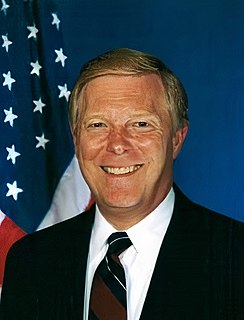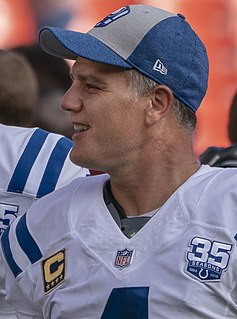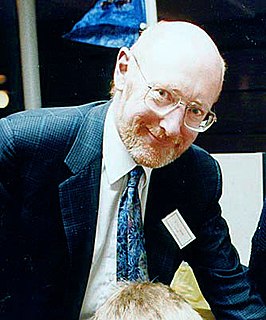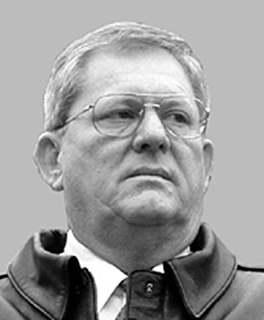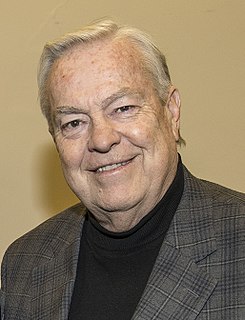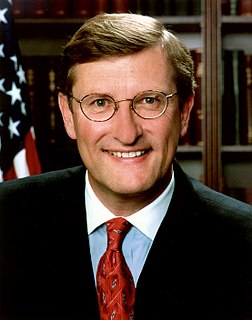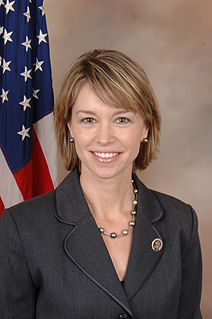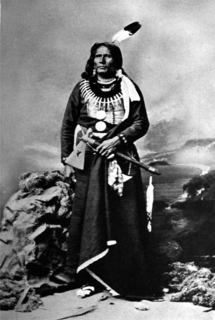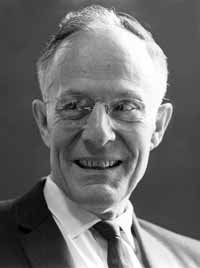A Quote by Dick Gephardt
In 1988, as an unknown candidate, totally unknown, I won Iowa, came in second in New Hampshire, won South Dakota. I was ahead in every Super Tuesday state the day after South Dakota. The only problem was I didn't have enough money. I had a million dollars left, and Al Gore had three and Michael Dukakis had three and it was lights out.
Related Quotes
In the past, in order to continue as a candidate, a serious candidate, you had to be in the top three finishes in Iowa. You had to be in the top two out of New Hampshire. All our presidents elected in the past half-century finished either first or second in New Hampshire and in the top three in Iowa. That changed with the Citizens United, when we gave unlimited amounts of money.
Not only are we going to New Hampshire ... we're going to South Carolina and Oklahoma and Arizona and North Dakota and New Mexico, and we're going to California and Texas and New York! And we're going to South Dakota and Oregon and Washington and Michigan. And then we're going to Washington, D.C. to take back the White House, Yeeeeeaaaaaargh!
Babies are born bow-legged in South Dakota. By the age of 12, they can purchase guns. At 14, they can take their driving test. Fortunately, since the geographical area of South Dakota can accommodate both France and Germany, but has a population of only 750,000, the chances of hitting anything are pretty slim.
During the fiscal year ending in 1861, expenses of the federal government had been $67 million. After the first year of armed conflict they were $475 million and, by 1865, had risen to one billion, three-hundred million dollars. On the income side of the ledger, taxes covered only about eleven per cent of that figure. By the end of the war, the deficit had risen to $2.61 billion. That money had to come from somewhere.
[Mujib Rahman] is mad, mad! And they're all mad, the press included, who repeat after him, "Three million dead, three million dead!" The Indians had let out the figure of one million. He came along and doubled it. Then tripled it. It's a characteristic of the man - he'd done the same for the hurricane.
My mom experienced racism. She was harassed by the KKK several times. And I experienced racism myself, growing up. In New Jersey, we had trash thrown on our lawn every day. And we had the lines to our Christmas lights cut three years in a row. We just stopped putting up Christmas lights after that. That's probably why I still don't put up any lights during the holidays.
